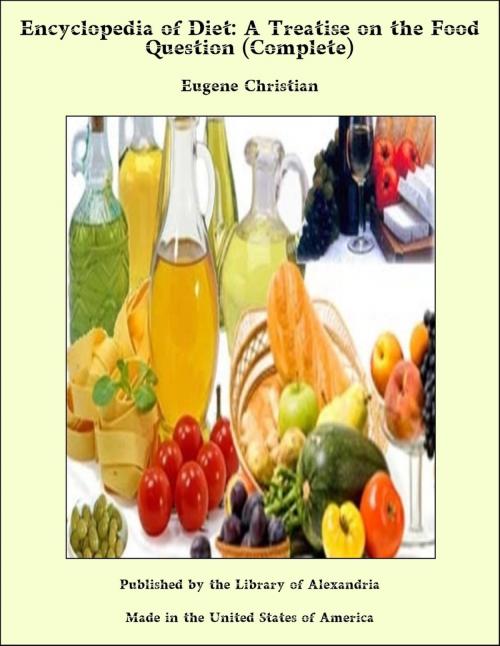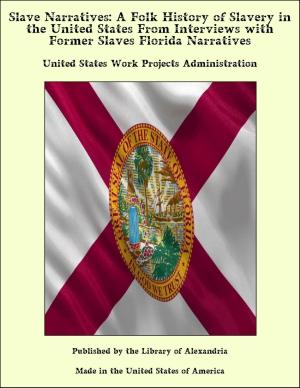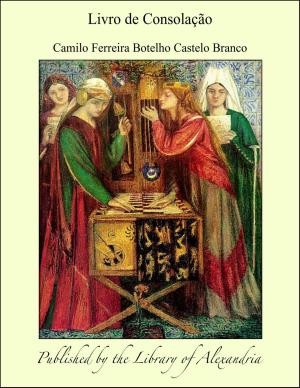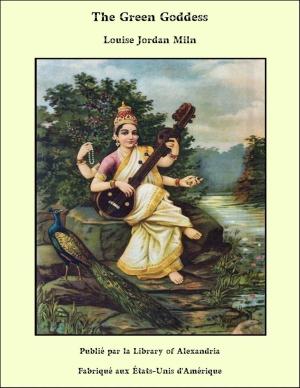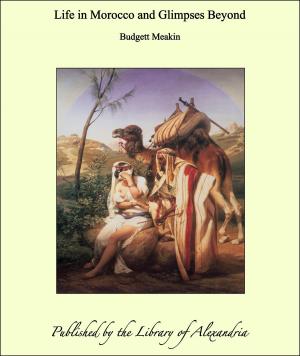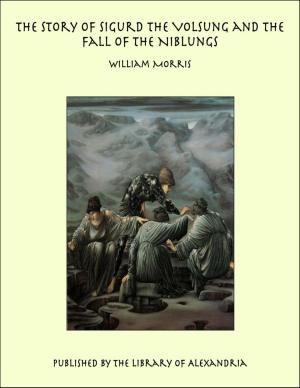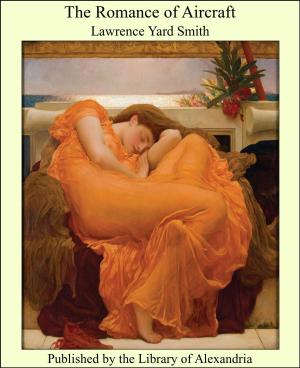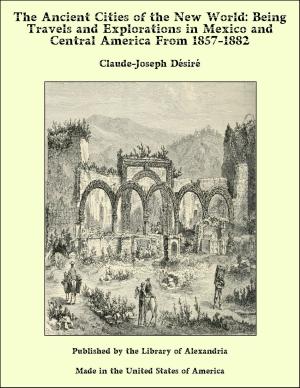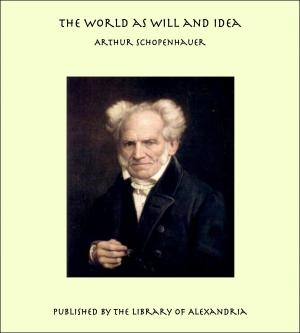Encyclopedia of Diet: A Treatise on the Food Question (Complete)
Nonfiction, Religion & Spirituality, New Age, History, Fiction & Literature| Author: | Eugene Christian | ISBN: | 9781465606334 |
| Publisher: | Library of Alexandria | Publication: | March 8, 2015 |
| Imprint: | Language: | English |
| Author: | Eugene Christian |
| ISBN: | 9781465606334 |
| Publisher: | Library of Alexandria |
| Publication: | March 8, 2015 |
| Imprint: | |
| Language: | English |
Countless centuries have come and gone and have left on the earth myriad forms of life; but just what life is, from whence it came, whether or not there is purpose or design behind it, whether or not all the sacred books are mere conceptions of the infant mind, of the whence and whither, we do not know; but when we put life beneath the searchlight of science, we do know that it is a mere assembling of ionic matter into organic forms, and that this strange work is done in accordance with certain well-defined laws. We know that these laws are a part of the great cosmic scheme. In harmony with them works evolution, which tends to lift to higher and higher degrees of perfection all forms of both animate and inanimate life. We believe that if all the natural laws governing life could be ascertained and obeyed, the number of disorders or interferences with Nature's scheme would be very greatly decreased. Man's system of co-operating with his fellow-creatures, which we call civilization, has imposed certain restrictions, duties and limitations upon him, which make it impossible for him to live in strict accordance with these laws; therefore if he would have his birthright, which is health, he must employ science to fit him into his artificial environment. Man has been brought to his present state of physical development on the rural, outdoor, close-to-nature plan, and since he must live in houses and pursue occupations foreign to those through which he was developed, he must make corresponding changes in the material from which his body is constantly being repaired and made; therefore, as the selections, combinations, and proportions of the various things he needs for nourishment are determined by his age, activity, and exposure to the open air, if he accurately or even approximately ascertains and observes these things, life will continually ascend in the scale of power and grandeur, and his endurance and period of longevity will be increased. Nearly all forms of life on this globe, except man, live approximately eight times their period of maturity. Man matures at twenty-four; measured by this scale he should live about two hundred years. But the average life of civilized man, reckoning from the age of six, is only about forty years, while if we include the infant class, and reckon the average age from his birth, he scarcely gets his growth before his hair and teeth are disappearing, and his eyesight is being propped up by the lens of the oculist, and he quietly drops into his grave. One hundred and sixty years of life, then, is about what civilization has cost him up to date. This is very expensive, but of course he has something to show for it. He has aeroplanes, wireless communication, the mile-a-minute train, politics, several kinds of religion, rum and cocain, the tramp, the billionaire, and the bread line. We cannot consistently leap over ten thousand years of heredity and habit, but we can recover some part of the one hundred and sixty years of life civilization has cost us. This can be done by feeding our bodies according to their requirements determined by age, temperature of environment, and work or activity; by cultivating mental tranquillity; by loving some one besides ourselves, and proving it; by breathing an abundance of fresh air, and by doing useful work. Of all these things food is the most important because it is the raw material that builds the temple wherein all other things dwell. Civilization and science are doing but little real good for man if they cannot select for him the material necessary to develop his body and all its faculties to their highest degree, or at least free him from much of his disease and materially increase his "ease"; they have brought him but little, I say, if they cannot show him a way to live more than forty years. Science would have nothing of which to boast if it only pointed out a way by which man could exist for two hundred years, as this is his birthright. It can only boast when it has given him more than his natural heritage. That man's general health and period of longevity have decreased, while all other branches of science have so vastly increased, is evidence sufficient to justify the assertion that he has not employed scientific methods to the art of living, or at least to those fundamental principles, such as nutrition, motion, and oxidation, which really govern his health and his life. The difference between youth and age, between virility and senility, is in reality a chemical difference only. The difference between the flexible cartilage of youth, and the stiff cartilage of age is one of chemistry.
Countless centuries have come and gone and have left on the earth myriad forms of life; but just what life is, from whence it came, whether or not there is purpose or design behind it, whether or not all the sacred books are mere conceptions of the infant mind, of the whence and whither, we do not know; but when we put life beneath the searchlight of science, we do know that it is a mere assembling of ionic matter into organic forms, and that this strange work is done in accordance with certain well-defined laws. We know that these laws are a part of the great cosmic scheme. In harmony with them works evolution, which tends to lift to higher and higher degrees of perfection all forms of both animate and inanimate life. We believe that if all the natural laws governing life could be ascertained and obeyed, the number of disorders or interferences with Nature's scheme would be very greatly decreased. Man's system of co-operating with his fellow-creatures, which we call civilization, has imposed certain restrictions, duties and limitations upon him, which make it impossible for him to live in strict accordance with these laws; therefore if he would have his birthright, which is health, he must employ science to fit him into his artificial environment. Man has been brought to his present state of physical development on the rural, outdoor, close-to-nature plan, and since he must live in houses and pursue occupations foreign to those through which he was developed, he must make corresponding changes in the material from which his body is constantly being repaired and made; therefore, as the selections, combinations, and proportions of the various things he needs for nourishment are determined by his age, activity, and exposure to the open air, if he accurately or even approximately ascertains and observes these things, life will continually ascend in the scale of power and grandeur, and his endurance and period of longevity will be increased. Nearly all forms of life on this globe, except man, live approximately eight times their period of maturity. Man matures at twenty-four; measured by this scale he should live about two hundred years. But the average life of civilized man, reckoning from the age of six, is only about forty years, while if we include the infant class, and reckon the average age from his birth, he scarcely gets his growth before his hair and teeth are disappearing, and his eyesight is being propped up by the lens of the oculist, and he quietly drops into his grave. One hundred and sixty years of life, then, is about what civilization has cost him up to date. This is very expensive, but of course he has something to show for it. He has aeroplanes, wireless communication, the mile-a-minute train, politics, several kinds of religion, rum and cocain, the tramp, the billionaire, and the bread line. We cannot consistently leap over ten thousand years of heredity and habit, but we can recover some part of the one hundred and sixty years of life civilization has cost us. This can be done by feeding our bodies according to their requirements determined by age, temperature of environment, and work or activity; by cultivating mental tranquillity; by loving some one besides ourselves, and proving it; by breathing an abundance of fresh air, and by doing useful work. Of all these things food is the most important because it is the raw material that builds the temple wherein all other things dwell. Civilization and science are doing but little real good for man if they cannot select for him the material necessary to develop his body and all its faculties to their highest degree, or at least free him from much of his disease and materially increase his "ease"; they have brought him but little, I say, if they cannot show him a way to live more than forty years. Science would have nothing of which to boast if it only pointed out a way by which man could exist for two hundred years, as this is his birthright. It can only boast when it has given him more than his natural heritage. That man's general health and period of longevity have decreased, while all other branches of science have so vastly increased, is evidence sufficient to justify the assertion that he has not employed scientific methods to the art of living, or at least to those fundamental principles, such as nutrition, motion, and oxidation, which really govern his health and his life. The difference between youth and age, between virility and senility, is in reality a chemical difference only. The difference between the flexible cartilage of youth, and the stiff cartilage of age is one of chemistry.
